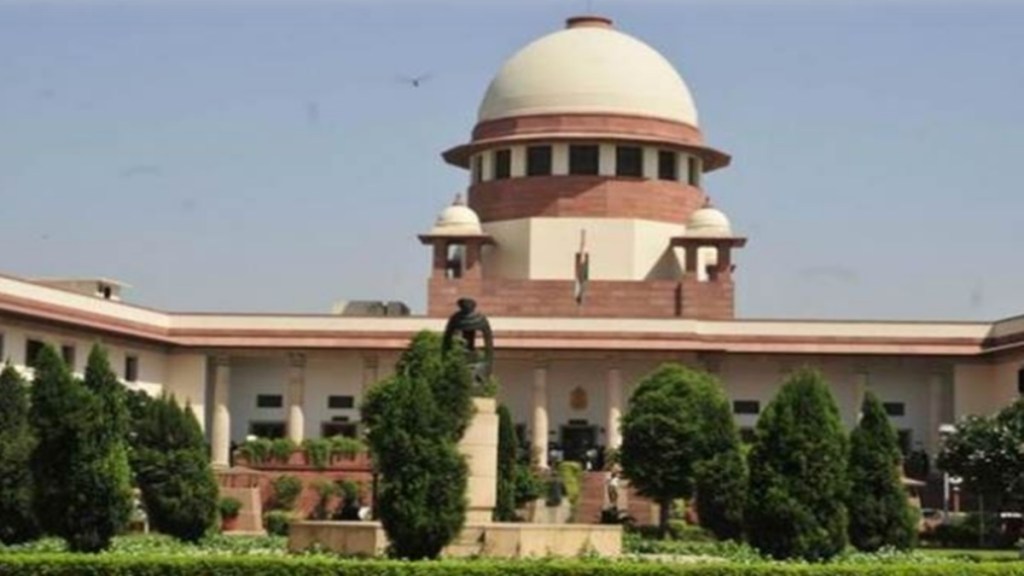The Supreme Court on Wednesday agreed to examine Congress MP Karti P Chidambaram plea to reconsider its July 27 judgement that upheld validity of stringent provisions of the Prevention of Money Laundering Act, including the Enforcement Directorate’s power to arrest, search and seize ill-gotten wealth that poses threat to economic stability, sovereignty and integrity of the country.
A bench comprising Chief Justice N V Ramana and justices Dinesh Maheshwari and C T Ravikumar after examining the review petition inside the chambers ordered for hearing the matter in the open court on Thursday.
Generally, as per the SC rules, the review petition is considered by judges inside their chambers and are posted for consideration by the same bench which has delivered the original judgement in the case. However, Justice A M Khanwilkar, who had authored the PMLA judgment on behalf of the three judge bench, had since retired. So he is now replaced by the CJI for consideration of the review petition.
In his plea, Chidambaram has contended the judgement deserved to be reviewed on grounds of grave error and being contradictory to previous decisions and provisions of the Constitution.
Also read: Supreme Court to hear review plea challenging PMLA verdict tomorrow
Upholding multiple provisions of attachment of properties involved in money laundering, including existing search and seizure procedures, the apex court on July 27 had said that the rules are constitutionally valid and are necessary for tracing of proceeds of crime.
It also upheld the agency’s power to arrest a person without producing an enforcement case information report (ECIR), which is similar to a first information report of police.
However, it said that “in view of special mechanism envisaged by the 2002 Act, ECIR cannot be equated with an FIR under the 1973 Code. ECIR is an internal document of the ED and the fact that FIR in respect of scheduled offence has not been recorded does not come in the way of the authorities … to commence inquiry/investigation for initiating “civil action” of “provisional attachment” of property being proceeds of crime.
The court said informing an accused why he is being arrested is sufficient. “Supply of a copy of ECIR in every case to the person concerned is not mandatory, it is enough if ED at the time of arrest, discloses the grounds of such arrest,” the 545-page judgement added.

